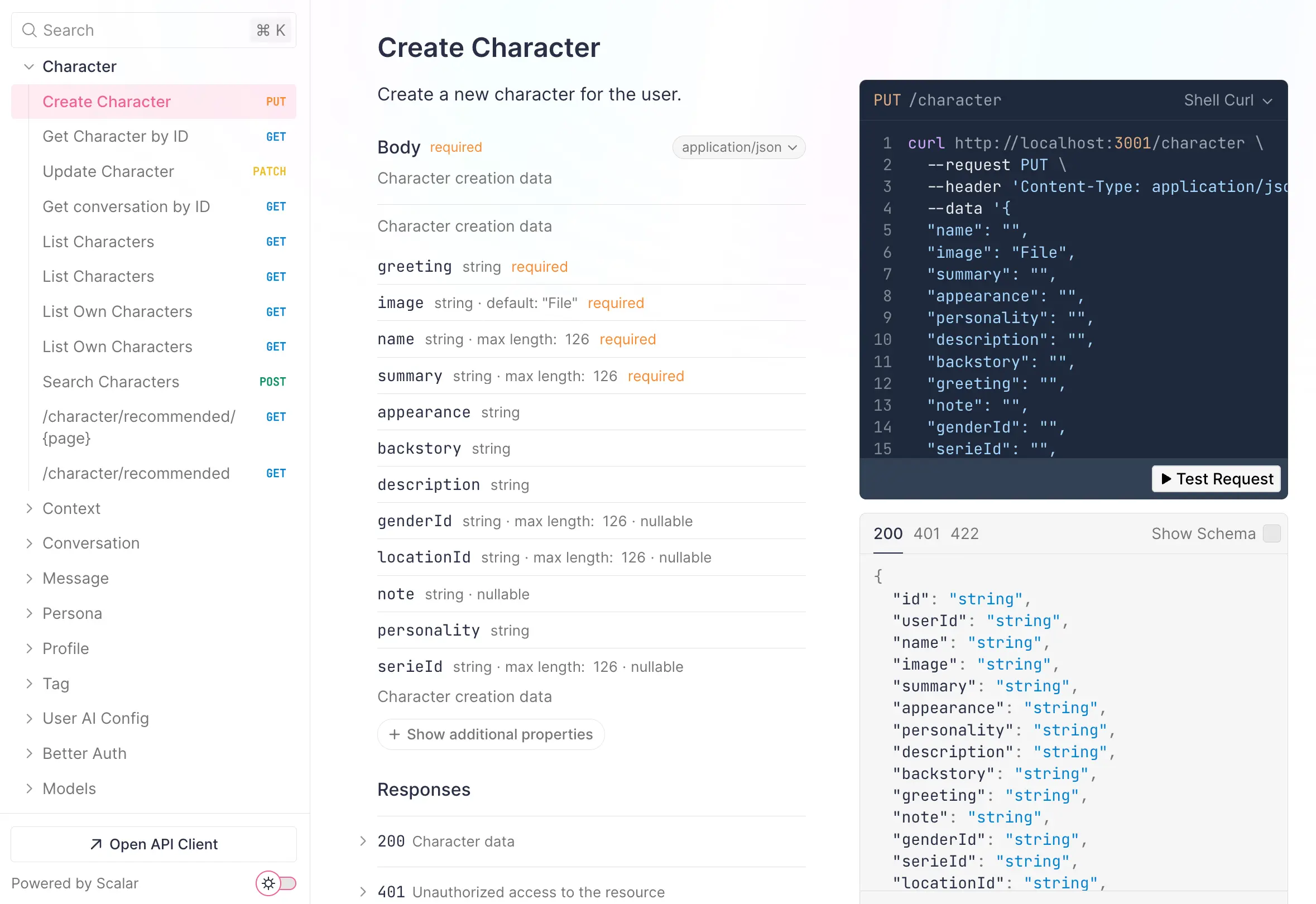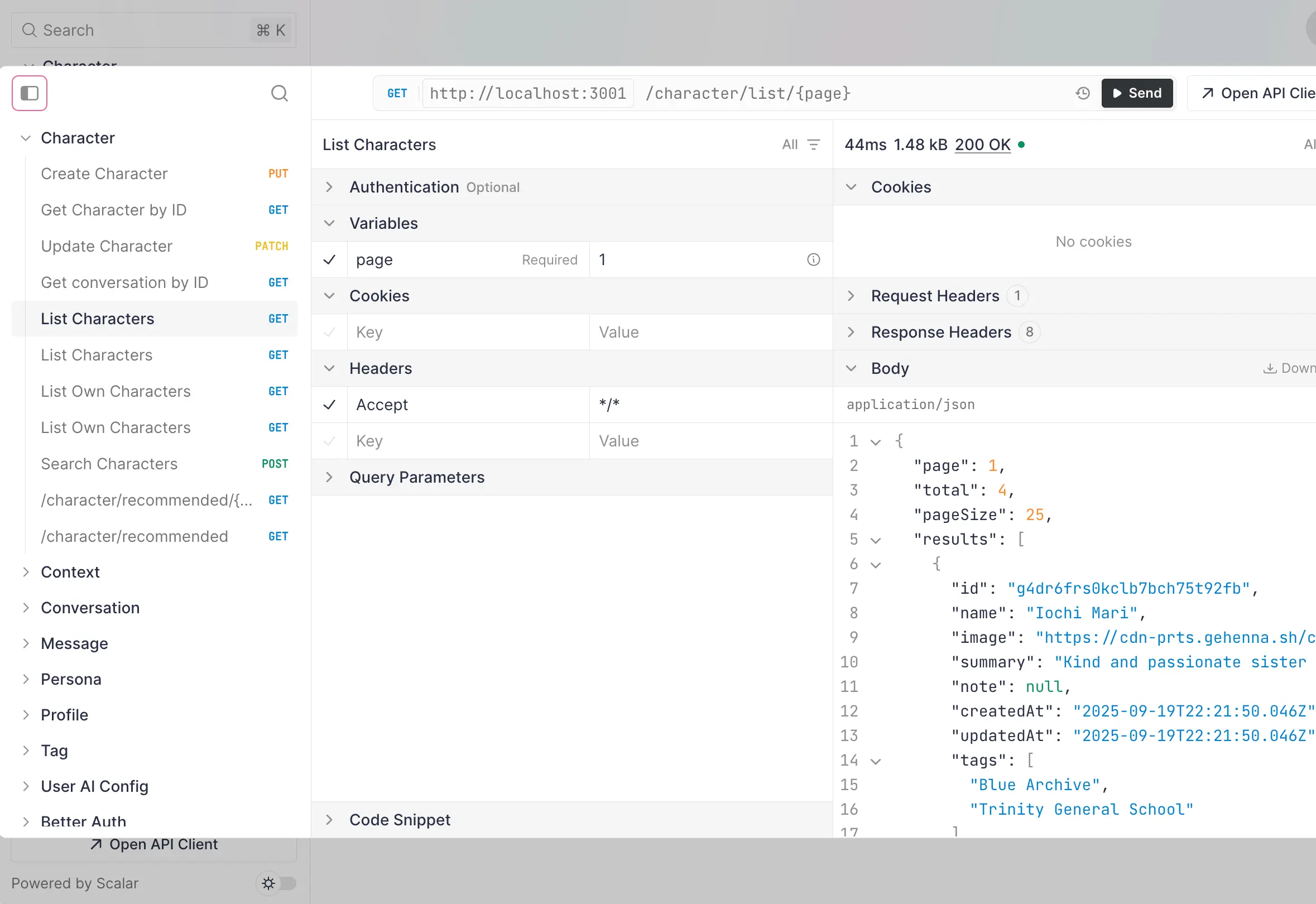ElysiaJS runs on Bun instead of Node.js and actually makes TypeScript work end-to-end without the usual "trust me bro" type definitions. SaltyAom built it, it's got decent GitHub traction with active development.
Look: if you've built APIs with Express and dealt with TypeScript, you know the pain. You write your route handler, then manually define types for your frontend client, pray they stay in sync, and inevitably spend hours debugging type mismatches when they inevitably drift apart. Elysia fixes this specific frustration by generating types automatically.
Types That Actually Work End-to-End
The magic is end-to-end type safety without code generation bullshit. Your API route definitions automatically generate TypeScript types that your frontend can import. No tRPC ceremony, no manual type definitions, no any types where you cross your fingers and pray nothing breaks in production.
// Backend route
app.post('/user', ({ body }) => {
return { id: 1, name: body.name }
}, {
body: t.Object({
name: t.String(),
age: t.Number()
})
})
// Frontend automatically knows this API exists and its exact types
const user = await api.user.post({ name: 'John', age: 25 })
// user is typed as { id: number, name: string }
This Eden client feature is genuinely useful if you're building full-stack TypeScript apps. No more manually keeping API contracts in sync.
Performance: Yeah, It's Fast, But Your Database Still Sucks
Elysia gets thrown around in benchmark discussions because Bun makes everything faster. SaltyAom's own benchmarks show impressive numbers compared to Node.js frameworks, but real talk: your database is still the bottleneck.
Elysia is fast because Bun is fast. But don't expect 21x faster APIs when your PostgreSQL query takes 200ms because you forgot an index on that JOIN you wrote 6 months ago.
The Bun Runtime Requirement

Catch: Elysia requires Bun, not Node.js. Bun is fast and mostly Node.js compatible, but it's still relatively new (1.0 released in 2023). Some npm packages break, deployment gets trickier, and your team needs to be comfortable betting on a newer runtime.
If you're already on Bun or considering it, Elysia makes sense. If you're happy with Node.js and your current TypeScript pain isn't that bad, the migration effort might not be worth the headache.
Who's Actually Using This in Production?
Some companies are using Elysia in production. A few teams have mentioned using it for server-driven UI work, and there's discussion on GitHub about real production deployments including backtesting platforms and real estate applications. The ecosystem is growing but it's still maybe 5% the size of Express.
Learned this the hard way: needed file upload progress tracking for a client portal. Express has multer and 10 other options. Elysia? You get to implement multipart parsing yourself or find some half-maintained community plugin.
Bottom line: Elysia solves real TypeScript pain points if you're building APIs and actually care about type safety. Just understand you're adopting both Elysia and Bun, which means smaller ecosystem and way fewer StackOverflow answers when shit breaks at 3am and you're questioning your technology choices.
For more context, check out the official tutorials, plugin documentation, and migration guides to understand if this framework fits your project's needs. The Discord community is also helpful for getting unstuck.


